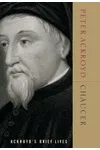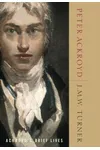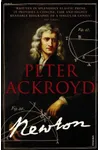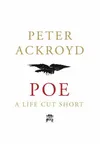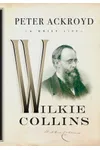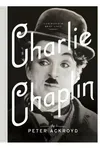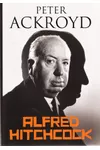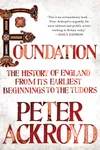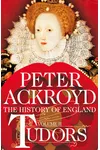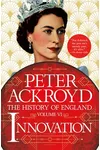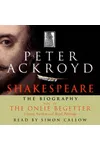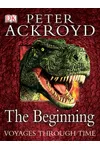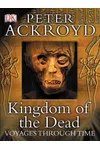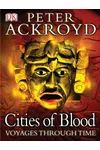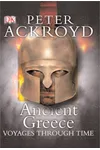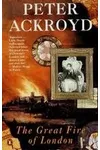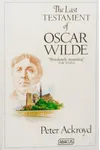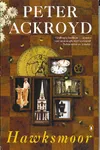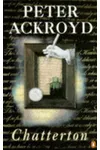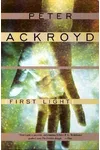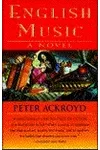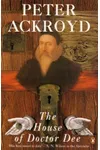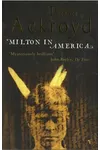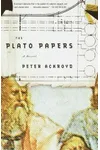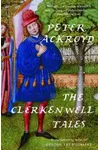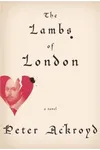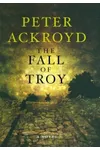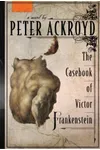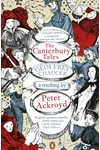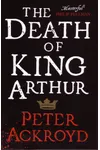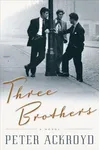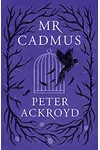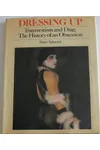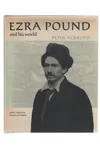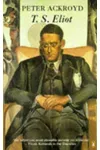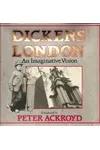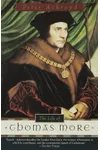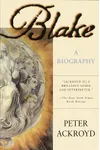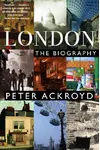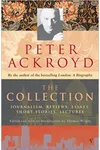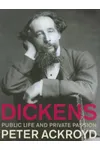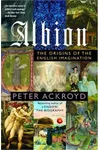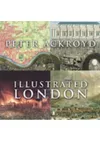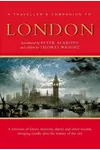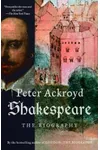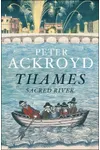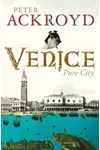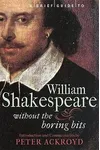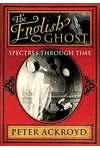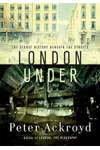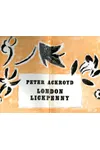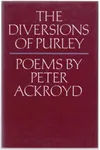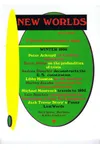Picture an English storyteller who weaves London’s foggy streets and ancient secrets into every page—meet Peter Ackroyd! A master of historical fiction and biography, Ackroyd has spent decades bringing the past to life with his vivid prose and meticulous research. From reimagining literary giants to chronicling the city he loves, his work captures the interplay of time, place, and human spirit in a way that’s utterly captivating.
Born in London in 1949, Ackroyd’s passion for history and literature has made him one of Britain’s most versatile authors. With a career spanning novels, biographies, and even poetry, he’s earned accolades like the James Tait Black Memorial Prize and a CBE for his contributions to literature. Ready to dive into his world? Let’s explore the man behind the stories.
The Making of Peter Ackroyd
Peter Ackroyd was born on October 5, 1949, in East Acton, London, to a working-class family. Raised by his mother after his parents’ separation, he found solace in books, excelling at school and earning a scholarship to Cambridge University. There, he studied English literature, immersing himself in the works of Chaucer and Dickens, who would later influence his writing. After graduating, Ackroyd honed his craft as a poet and critic, working as literary editor for The Spectator in the 1970s.
His early career was marked by a bold blend of poetry and prose, but it was his fascination with London’s history that shaped his unique voice. Ackroyd’s time at Yale as a Mellon Fellow in the 1970s further fueled his interest in historical narratives, setting the stage for his groundbreaking novels and biographies. This blend of scholarly rigor and creative flair became his hallmark.
Peter Ackroyd’s Unforgettable Stories
Ackroyd’s bibliography is a treasure trove of historical fiction, biographies, and cultural studies, all infused with his love for London. His novel Hawksmoor (1985), a chilling blend of detective fiction and 18th-century mysticism, won the Whitbread Award and established him as a literary force. The story alternates between modern London and the world of architect Nicholas Hawksmoor, weaving a haunting tale of time and place.
His magnum opus, London: The Biography (2000), is a sprawling love letter to the city, chronicling its history from Roman times to the present with a novelist’s flair. Equally compelling is Dickens (1990), a meticulously researched biography that captures the life of Charles Dickens with warmth and insight. Ackroyd’s ability to blend fact and fiction shines in The Last Testament of Oscar Wilde (1983), a fictional memoir that channels Wilde’s wit and tragedy.
Ackroyd’s style is dense yet accessible, marked by rich imagery and a playful sense of history as a living, breathing force. His themes often explore the cyclical nature of time, the weight of the past, and London as a character in its own right. Whether writing novels or nonfiction, he invites readers to see history not as distant but as vibrant and ever-present.
Why Peter Ackroyd Matters
Peter Ackroyd’s work has reshaped how we view historical fiction and biography. By treating London as a living entity, he’s given readers a new lens on urban history, inspiring writers and historians alike. His ability to humanize figures like Dickens and Wilde makes the past relatable, while his novels challenge us to question the boundaries between fact and fiction.
His influence extends beyond literature, sparking interest in London’s cultural heritage and earning him a devoted global readership. Ackroyd’s blend of scholarship and storytelling continues to captivate, proving that history is anything but dull. His CBE in 2003 and numerous literary awards underscore his lasting impact on British letters.
About Peter Ackroyd
- Born: October 5, 1949, in London, England
- Key Works: Hawksmoor, London: The Biography, Dickens
- Awards: James Tait Black Memorial Prize, Whitbread Award, CBE
- Fun Fact: Ackroyd once walked every street in London to research London: The Biography!
Snag Hawksmoor or London: The Biography and dive into Peter Ackroyd’s mesmerizing blend of history and storytelling! His world of London’s past awaits—grab a book and get lost in time.
